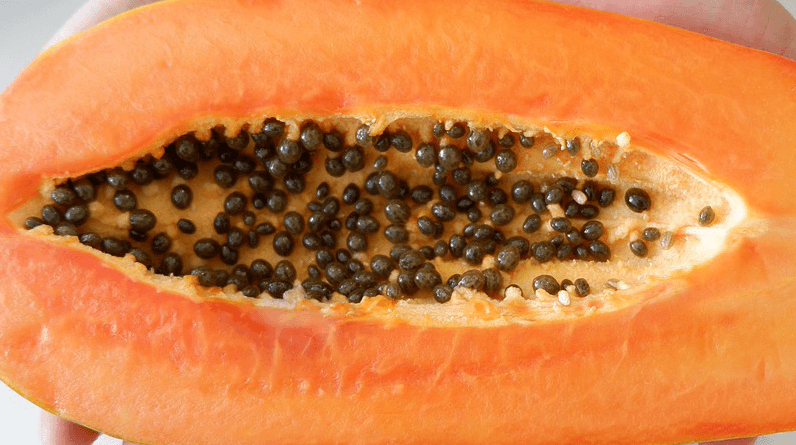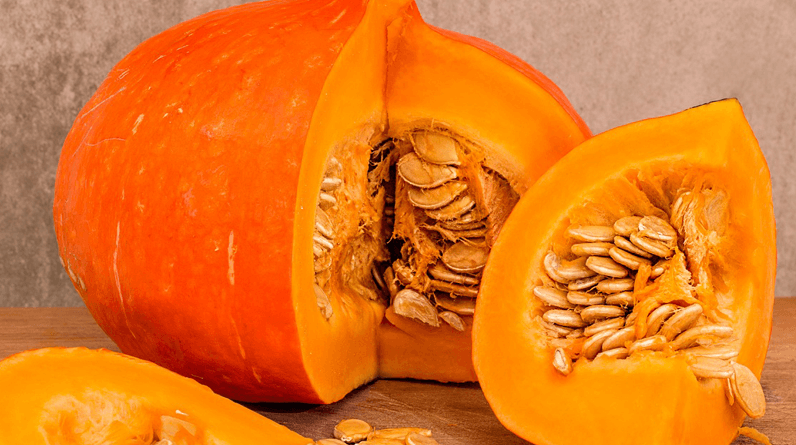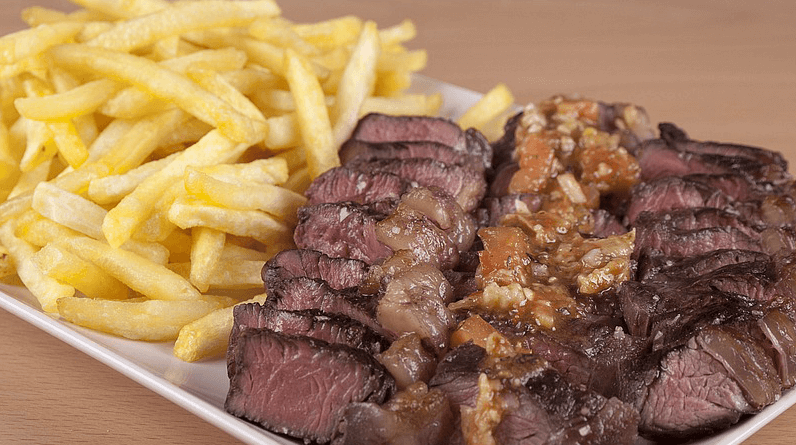
Lycopene is responsible for the red color of many fruits and vegetables. Several studies show that fruits and vegetables containing lycopene have a preventive effect against cancer. But when a serum of lycopene is injected into people's blood, there is no cancer-fighting effect.
Only natural lycopene seems to work but there is, of course, a possibility that as yet unknown substances in red fruits and vegetables provide anticancer properties.
What is lycopene in?
Lycopene falls under the category of phytonutrients and is found in tomatoes, watermelon, rose hips, carrots, sprouted pumpkin seeds, peppers, gac-fruit, pink grapefruit, guava and papaya, among others. It is not found in the red fruits cherries and strawberries.
There are different forms of lycopene. We find all of these in the human body. The body does not produce lycopene itself but obtains it from plant foods; animals and humans cannot produce lycopene.
Brief overview of scientific findings
Much scientific research has been done on lycopene. In general, more positive results can be expected from eating fresh produce with lycopene than the chemically refined version of lycopene found in foods as a dye under E number 160d. Positive research results include:
- People with high levels of lycopene in their body tissues are 50% less likely to suffer from cardiovascular disease,
- Eating 200 grams of tomatoes twice a week leads to 21-34% lower risk of prostate cancer,
- Women with high levels of lycopene in their bodies are five times less likely to develop cervical cancer,
- Lycopene prevents the formation of oxidized cholesterol deposits at the blood vessel walls so that atherosclerosis is prevented,
- Lycopene reduces the damage caused by the sun's UV light,
- Lycopene can be used in combination with other phytonutrients
- Lycopene from tomato paste is better absorbed by the body than lycopene from fresh tomatoes.
Increasing the absorption of lycopene

Olive oil increases lycopene absorption by the body. Therefore, make tomato sauce with olive oil and top tomatoes in salad Orange bell pepper contains lycopene with olive oil. It is also good to use fresh olives and tomatoes together in a salad.
Processing does not affect lycopene
Lycopene is a carotenoid but not vitamin A which is also a carotenoid. In foods, only one form of lycopene is used as an additive, whereas in natural products there are multiple types of lycopene. Lycopene is one of the few nutrients that does not break down by cooking or other processing.
It's even the other way around; processing tomatoes into sauces makes lycopene even more available to the body because it becomes easier to absorb during digestion.
Combination with other fabrics
Foods high in lycopene show medicinal and preventive effects against the development of cancer according to recent scientific findings. Lycopene never stands alone in its healing role, but the connections that lycopene makes with other substances such as phytoenes, phytofluenes and other carotenoids are of great importance for antioxidant activity in the body.
Lycopene against various diseases
Oxidative stress is a common cause of various diseases. Oxidative stress is caused by the occurrence of free radicals in the body. These radicals cause various disease processes such as oxidized cholesterol leading to arteriosclerosis, mutations in cells and DNA that can lead to cancer and male infertility.
Osteoporosis and neurodegenerative diseases such as Parkinson's and Alzheimer's are also consequences of oxidative stress. Foods containing lycopene have been shown to eliminate free radicals, preventing oxidative stress from causing disease.
Further reading: https://www.ncbi.nlm.nih.gov/pmc/articles/PMC7464847/



